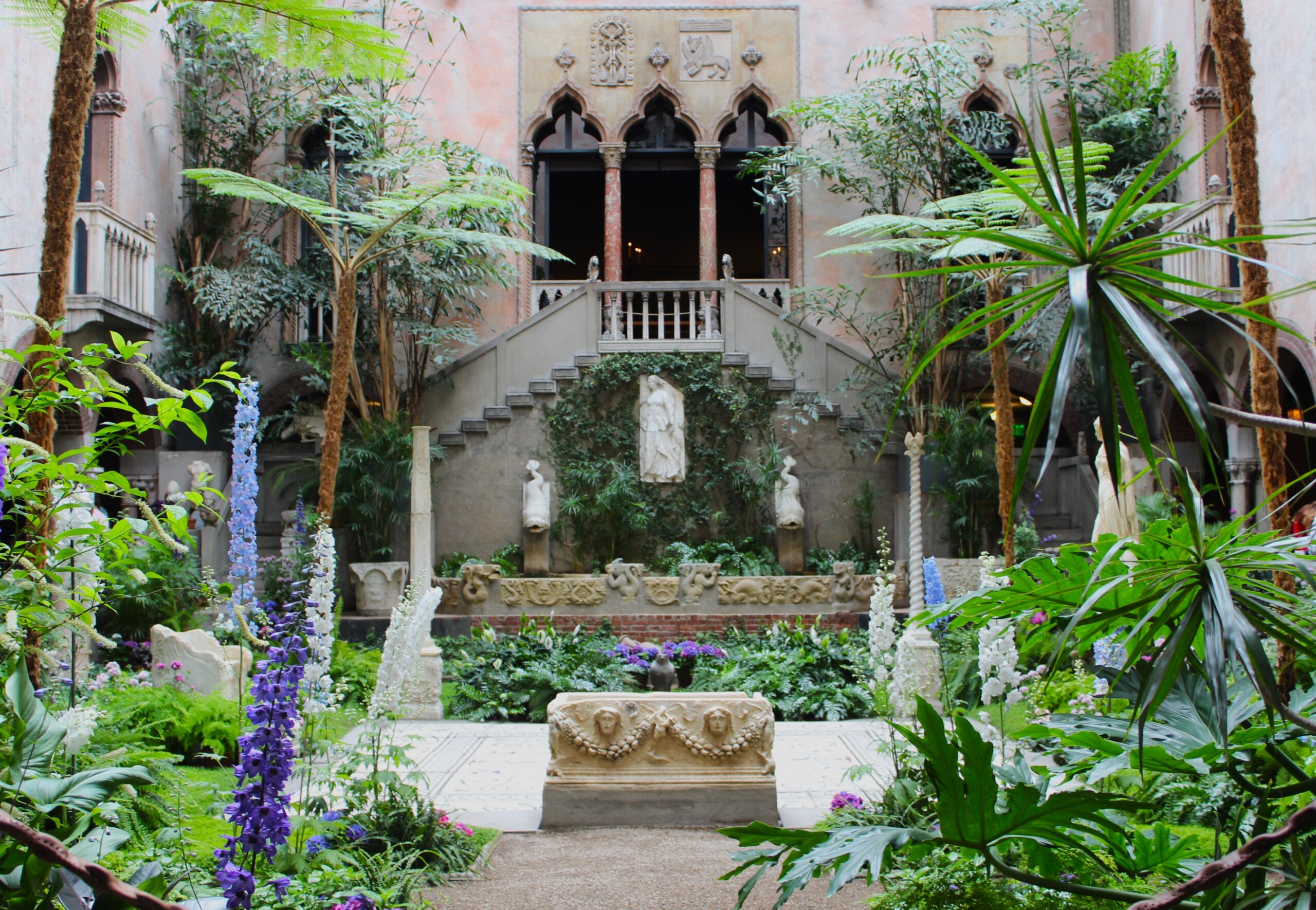In the bustling whirlwind of consultations, crisis meetings, and design festivals that have marked my calendar over the last 10 days, a resounding theme has emerged – the undervaluation of the guardians of our urban green havens, the gardeners. From water crisis responses to landscape architecture degree closures and discussions on environmental preservation, the professionals steering the ship consistently underscored the critical role of green spaces in our cities.

It is disheartening to observe that, despite the rhetoric surrounding sustainability, ecological services, and climate change in our media and political arenas, there remains a profound disconnect in society’s recognition of the individuals and professions dedicating themselves to nurturing and managing these vital components of our urban fabric. The discrepancy in acknowledgment and compensation echoes the lamentable plight of other essential service providers like nurses and police officers.
Georgina Reid’s piece on The Plant Hunter echoes a similar sentiment, shedding light on the global struggle faced by those in the gardening profession. This brings me to ponder – where is the true value of gardeners, and why does our society fail to grasp it?
Reflecting on my journey into the green industry, I recall a time when I shied away from being labeled a ‘gardener.’ The misguided belief that gardening was merely unskilled manual labor or a hobby rather than a vocation clouded my perception. I now recognize this as a symptom of a more profound crisis – a crisis of perception with far-reaching social and environmental implications.
As we grapple with a changing climate and a world in flux, the devaluation of horticulture and gardening education becomes increasingly evident. Australian universities, for instance, have witnessed a staggering decline in horticulture graduates over the years, reflecting a pervasive societal attitude that dismisses gardening as a low-paying, low-status endeavor.
Yet, in the face of this decline, the importance of gardening has never been more significant. Urban planners and councils now acknowledge the need for ‘green infrastructure,’ incorporating trees, gardens, green roofs, wetlands, and more into our future cities. The challenge lies in enticing a new generation to embrace horticulture as a career path.
Daniel Ewings, national Operations manager at Andreasens Green Wholesale Nurseries, highlights the industry’s struggle with recruitment, noting the preference of school leavers for trades like carpentry that offer higher pay. The irony is palpable – as the importance of horticulture grows, the workforce shrinks.
Enter the Global Gardening Trust, founded by a passionate group of professionals determined to redefine the narrative around gardening. Offering a three-month internship at the historic De Wiersse garden in the Netherlands, the trust emphasizes the role of gardeners as infrastructure caretakers, not mere maintainers.
Thomas Gooch, a trustee of the Global Gardening Trust, articulates the distinction between gardening and maintenance. Gardening involves investing time and materials into planting, managing plant and soil health, and understanding the rhythms of nature. It goes beyond the surface to create landscapes that are adaptable to climate changes.
The trust places immense value on the gardener’s role in sustaining beauty and life, rejecting the romantic narrative in favor of hard work, discipline, and a commitment to understanding nature’s patterns. By placing a tangible value on gardening, the trust aspires to shape a society that intelligently supports all life instead of inadvertently destroying it.
As I celebrate one year of exploring diverse perspectives and knowledge, this journey has reinforced the significance of reshaping narratives. Today, let’s celebrate the unsung heroes – the gardeners – and recognize the profound impact they have on our collective well-being and the resilience of our urban environments.






